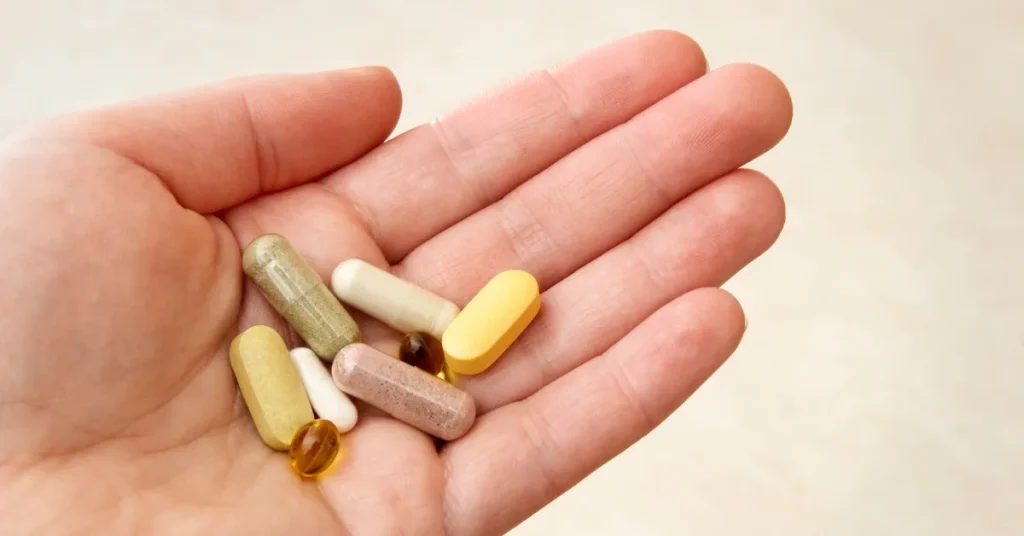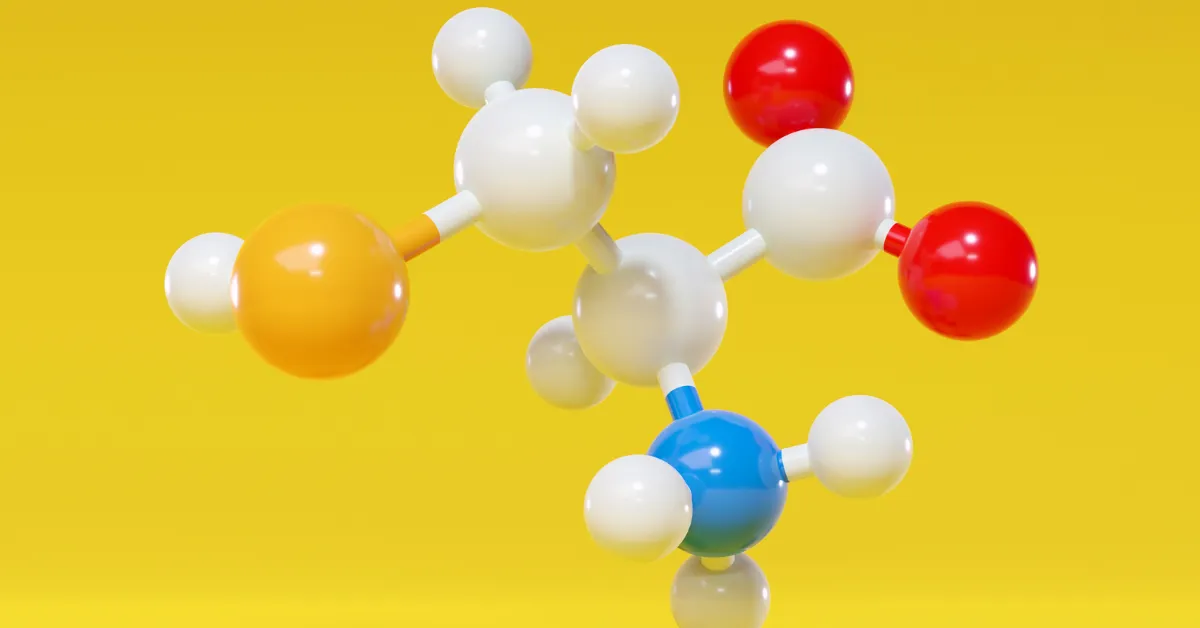
Smart Antioxidant Delivery
This project aimed to develop a solution that protects N-acetyl cysteine (NAC) and lipoic acid (LA) during digestion for more effective antioxidant supplements.
What did our client do?
Previously, oral supplements of NAC and LA relied on simple formulations that offered little protection from the harsh acidic environment of the stomach, leading to significant degradation and limited absorption. This inefficiency often necessitated intravenous delivery in clinical settings, which, while effective, is costly, inconvenient, and impractical for routine use.
To address these issues, our client undertook extensive research and development, building upon their earlier work in probiotic delivery systems. Through rigorous testing, they overcame challenges such as potential chemical interactions between the delivery system and the antioxidants, and the risk that the required protective gel might limit the dosage capacity.
The resulting technology minimises digestive breakdown, ensuring a higher proportion of NAC and LA reaches the small intestine intact for absorption. By delivering these compounds more efficiently, this innovation enables smaller, more cost effective capsules, improving accessibility and ease of use for daily supplementation.

How did we help?
Considering the clear scientific advancements in this project, the specialist team at Alexander Clifford were quickly able to determine clear qualifying factors throughout this case.
Upon verifying eligibility, our team began collaborating with the clients in order to establish a clearer understanding of the project, and identify qualifying activities and expenditure. Their keen attention to detail ensured that no stone was left unturned, ensuring that the clients received the maximum relief available under HMRC’s stringent R&D tax credit policy.



